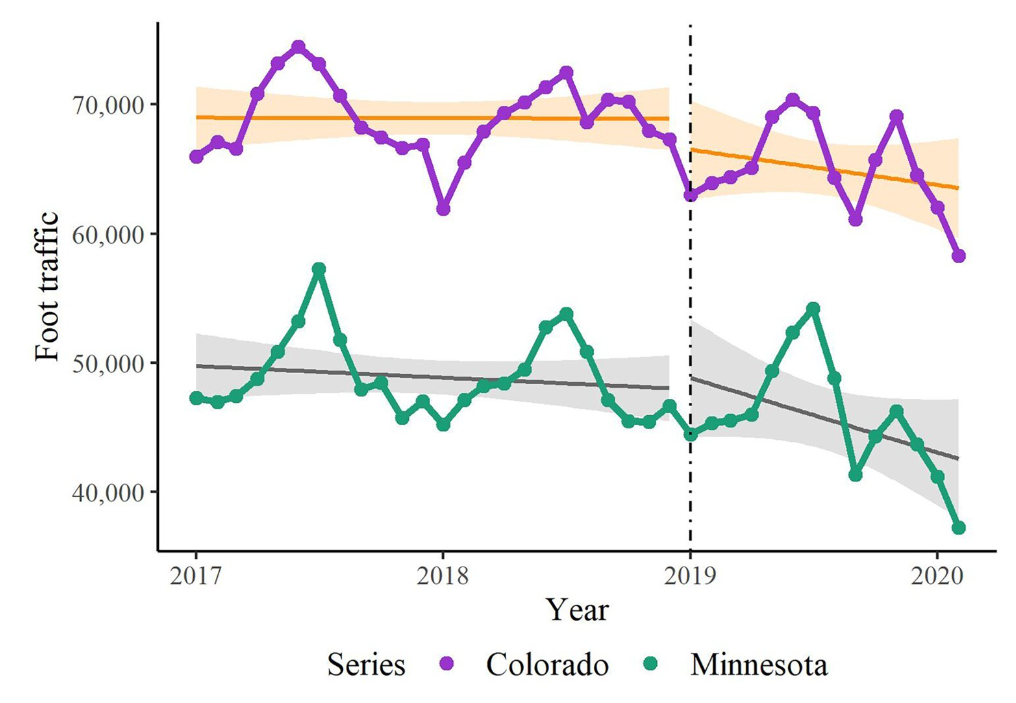DENVER (KDVR) — Wine sales start in grocery and convenience stores Wednesday, and new reports suggest it will help large wine sellers more than local small-batch producers or liquor stores.
Colorado State University researchers published a pair of related studies in February – one on the impacts of beer sales in grocery and convenience stores and one purely focused on the effects of alcohol liberalization on liquor stores.
The first study’s data concludes that large-scale “macrobreweries” benefited most from Colorado’s legalizing full-strength beer sales in grocery and convenience stores. Craft breweries broke even, while liquor stores lost a small amount of foot traffic. Researchers speculate the new wine law will deepen the trend.
“Increased competition from grocery stores would lower traffic in liquor stores further,” the report reads. “While existing barriers to enter the new market channels would remain, further tipping the scale in favor of large-scale alcohol producers.”
Both studies tracked a decrease in foot traffic in liquor stores.
The first study compares cell phone geolocation data in liquor stores in Colorado and Minnesota. Both states allowed grocery and convenience stores to sell full-strength beer starting in 2019 which opened these stores to microbreweries.
In both states, liquor stores saw less foot traffic the following year, but by 2-5%, which is not enough to spark a statewide wave of small store closures.
In states where wine was allowed in grocery stores as well, however, liquor store traffic fell further.
The second study analyzed liquor store foot traffic in Colorado, Kansas and Oklahoma. Colorado and Kansas only legalized full-strength beer in stores, while Oklahoma legalized both beer and wine.
Only rural liquor stores saw a sizable downtick in liquor store traffic in Colorado and Kansas. In Oklahoma, though, there was a 7% drop in liquor store traffic in urban areas as well.
“We conclude that partial alcohol liberalization has a substantial, but not catastrophic, effect on liquor stores,” the report reads. “Our results suggest that rural and urban differences in the policy effect are driven by variations in alcohol preferences.”

